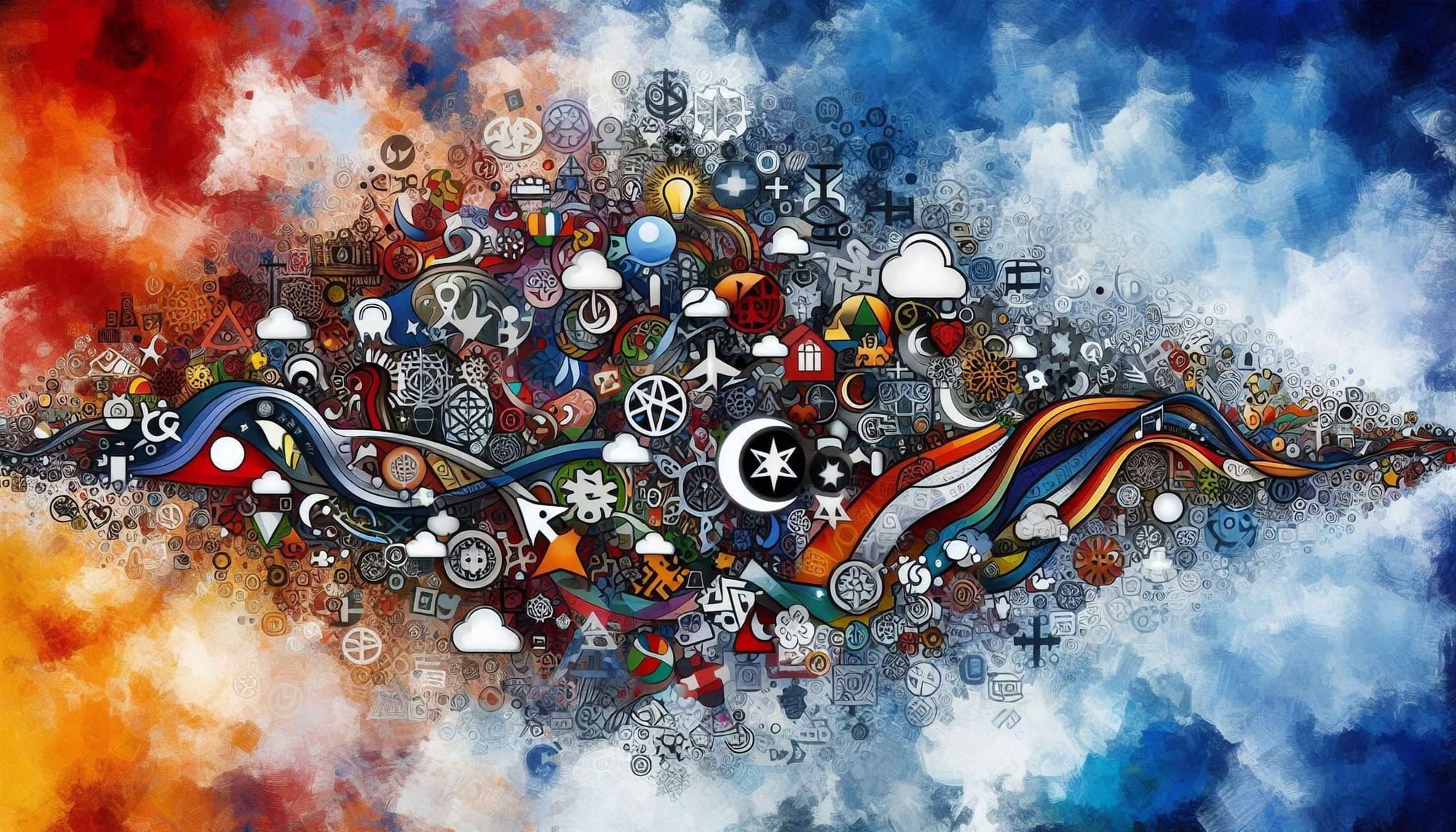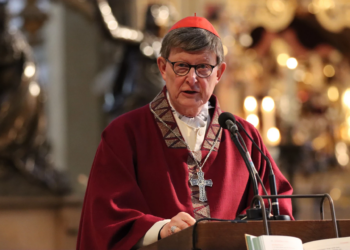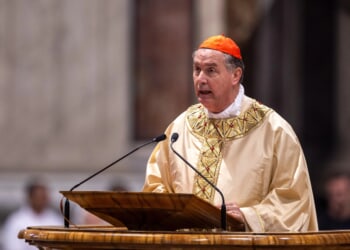
The following is an edited extract from The Challenge of Islam, published in 2025 by Wilberforce Publications.
What is culture?
Let’s take a step back and examine what culture is. Anthropologists tend to define culture as ‘a shared set of values and rules of behaviour that allows a social group to function and perpetuate itself’ (Machteld Zee, Choosing Sharia? Multiculturalism, Islamic Fundamentalism & Sharia Councils). This is helpful, so far as it goes, but a Christian understanding of culture would seek to broaden and deepen that definition.
First, humans are inescapably religious (Romans 1:25). We all have some ultimate commitment that we obtain our values and sense of self-worth from. Values and rules of behaviour are also inescapably religious. The source of a culture’s values and rules is effectively that culture’s god. It is the ultimate authority for that culture. Therefore, all cultures are inescapably religious, whether recognised as such or not.
An Islamic culture is a cultural manifestation of Islam. A humanistic culture is a cultural manifestation of humanism, which is another religious worldview. Any culture is necessarily a manifestation of the religion of that society. Hence, Henry van Til loosely defined culture as ‘religion externalised’ (The Calvinistic Concept of Culture).
Secondly, culture includes more than values and rules of behaviour. Surely it includes works of art, buildings, infrastructure, literature, clothing, food, technology, industry, and much else besides. Culture, more broadly speaking, from a Christian perspective is what humans make of creation. Genesis 1:28 is often referred to as the ‘cultural mandate’. Humanity is instructed to ‘fill the earth and subdue it’. This means to create culture out of creation. God delegated responsibility to humans for creating a social order or culture that glorifies God out of creation.
















